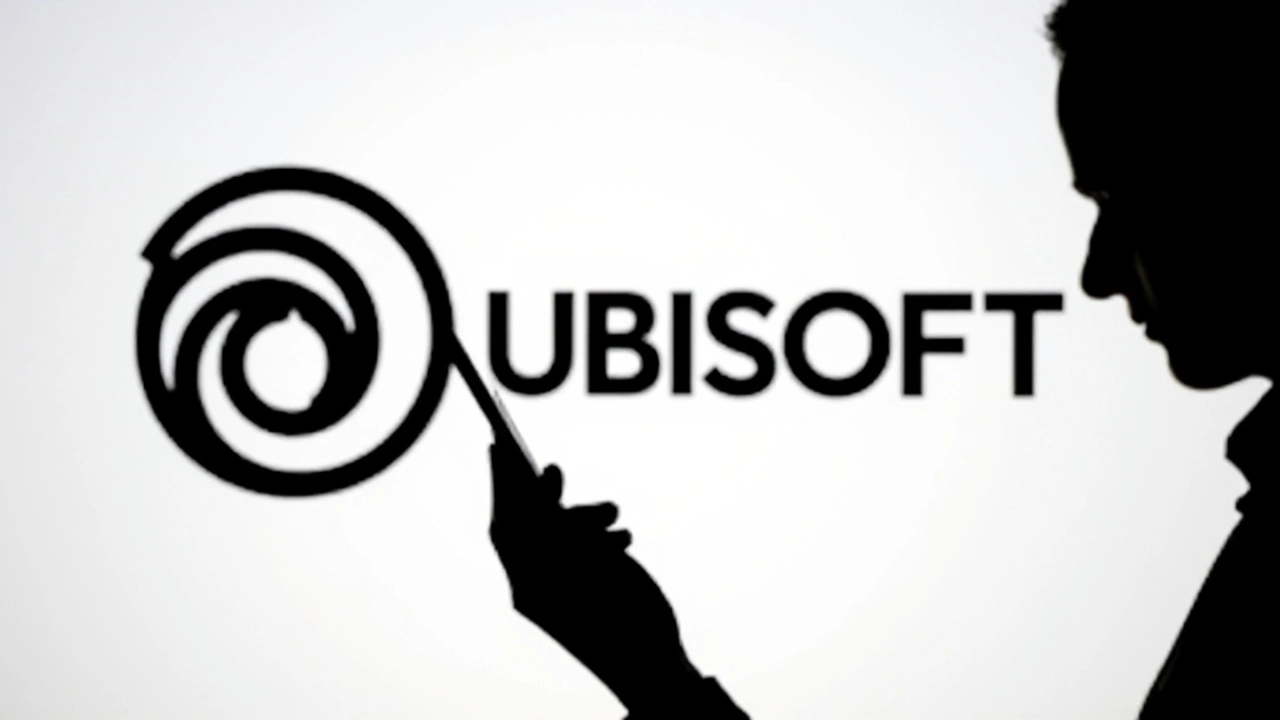Shocking Allegations Hit Ubisoft's Leadership
Ubisoft, the name behind mega-hit games like Assassin’s Creed, is now at the center of a storm in France after three of its top former bosses stood trial for workplace harassment. This isn’t just another HR scandal buried in the tech world. It’s a legal battle that’s forced the entire gaming industry to reckon with how women and other marginalized groups have been treated behind closed doors.
From June 2 to 6, 2025, a Bobigny courtroom became a stage for some of the most candid and disturbing testimonies ever aired about a major game company. Serge Hascoët (ex-chief creative officer), Thomas François (former VP of editorial), and Guillaume Patrux (ex-game director) faced deeply serious charges: psychological harassment, sexual harassment, and an attempted sexual assault — the kind of workplace trauma usually whispered about, not shouted from a judge’s bench.
Prosecutors weren't shy: they demanded tough penalties, including suspended prison terms and €85,000 in fines split among the accused. François could face a three-year suspended jail sentence and a €30,000 fine, accused of sexual harassment and attempted assault. Hascoët might see an 18-month suspended sentence and €45,000 in fines for psychological harassment. Patrux, meanwhile, could get a year suspended, plus a €10,000 fine, also on psychological harassment charges.
A Culture of Humiliation and Silence
The testimonies painted a grim picture of Ubisoft's workplace culture. Over 60 witnesses helped lay bare practices that became normalized in the name of 'creative genius.' Employees described humiliation that went far beyond pranks—desktop backgrounds switched to bacon sandwiches during Ramadan, for instance, targeting Muslim staff members. These weren't slip-ups. They were open, calculated attempts to demean and other coworkers in front of everyone.
But it wasn't just individual cruelty. The court heard how Ubisoft's management created—and protected—a culture of "omerta," a code of silence powered by fear. Victims worried not only about managers but also about online backlash from passionate gamer communities, many of which idolized the very figures on trial. Victims often felt trapped, convinced that complaining would cost them their jobs, their reputations, or even their safety both online and off.
Back in 2020, French outlets Libération and Numerama broke the story wide open after Ubisoft's own internal investigations failed to stick. The media exposé forced the company to act, leading to some executive departures. But for many current and former staffers, the rot ran deeper: the system stayed in place even as heads rolled.
Despite a much-publicized internal review ordered by Ubisoft the same year, many employees felt that the company’s response fixed little. Some leaders left the company, but the day-to-day workplace culture, shaped by years of unchecked power, stuck around long after the headlines faded.
Now, the Bobigny case isn’t just about punishing individuals—it’s about setting a new standard for what’s acceptable in the gaming industry worldwide. With a decision expected on July 2, everyone from developers to executives is watching, wondering if real change is finally about to hit their world.





